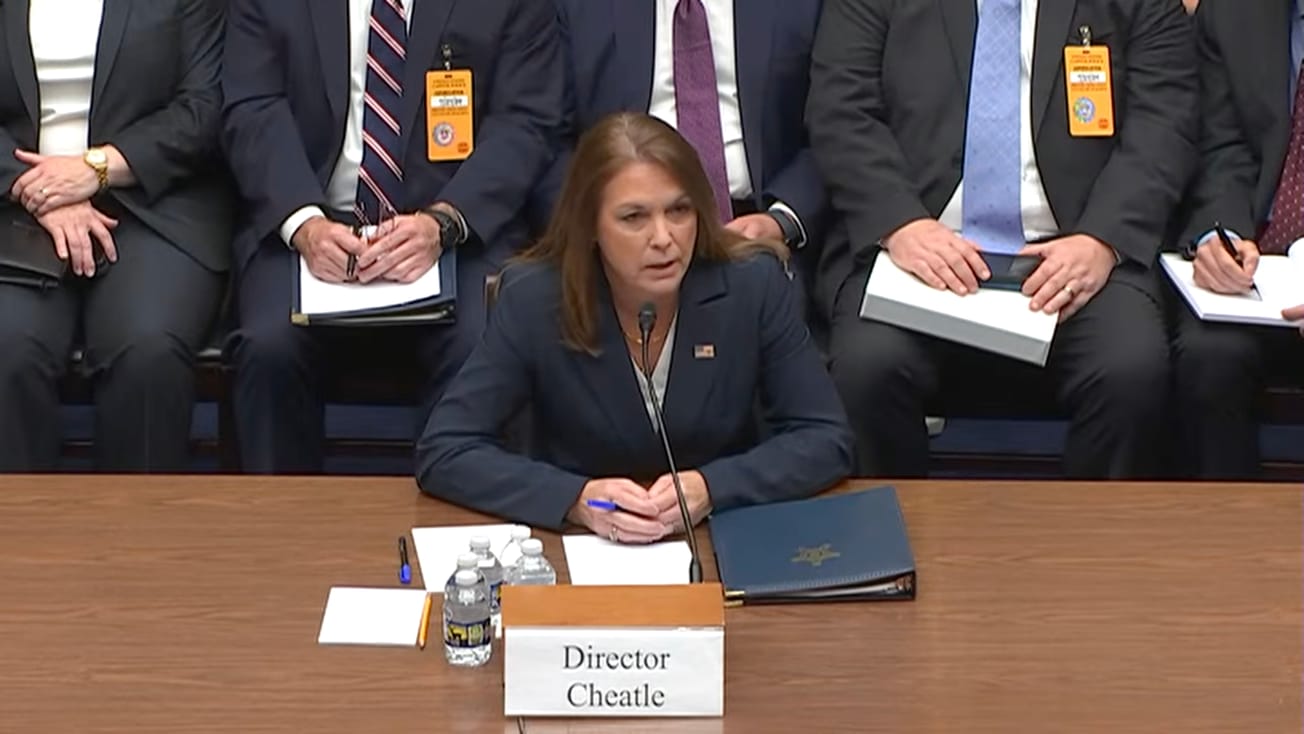South Africa’s blistering presentation at the International Court of Justice through hours of presentations that documented, powerfully, the violations by the State of Israel of the Genocide Convention, demands a response both from that Court, and from the world. It represents a historic day, marking a change in world paradigm. A nation of the Global South has demanded the application of principles that the Anglo-American NATO bloc verbalizes, but does not adhere to.
The presentation by the Republic of South Africa was opened by statements about “the ongoing Nakba” against the Palestinian people, the “apartheid” from which they suffer, and the need to recognize that “no attack, no matter how severe, can justify this violence.” The six-part legal argument detailed the actions taken in violation of sections 2a, b, c, and d of the Genocide Convention, through direct killing, through withholding of the essential means of life in order to bring about the destruction of the population, through destroying healthcare, and making it impossible for women to safely deliver babies. Of all the catastrophically hungry people in the world, fully four in five are in tiny Gaza! The attorneys addressed the issue of intent, quoting at length from government officials calling for collective punishment and widespread destruction, and the resulting statements by soldiers reflecting the views of their government. The need for swift action by the Court calls for indicating provisional measures against the State of Israel, demanding that it cease its invasion and end its actions preventing the means of life.
The status of the ICJ and the value of the rule of law itself hang in the balance, argued South Africa. If the law does not apply uniformly, is it truly a law? Or does might make right?
If the Court rules in favor of South Africa’s application, it will be a major victory for that nation, and for those that have officially supported its application—including Pakistan, Bangladesh, Malaysia, the Maldives, Namibia, Bolivia, Türkiye, Nicaragua, and numerous UN human rights experts—a clear example of an international institution taking a strong position against the policies of the Anglo-American hegemon.
But justice isn’t just stopping the assault. Justice is not an absence of war. What affirmation of justice will the future bring?
Peace is not a return to October 6! Before the Hamas invasion of October 7, the whole region popularly known as the Middle East was living in a terrible reality, as a cauldron of conflict deliberately maintained for geopolitical aims, an unsustainable and unjust tension.
The solution requires the recognition of a Palestinian state, in accordance with UNSC Resolution 242, which was unanimously adopted by the Security Council in 1967. This is the first step towards a long-term solution, such as the two-state solution supported by Schiller Institute founder Helga Zepp-LaRouche.









